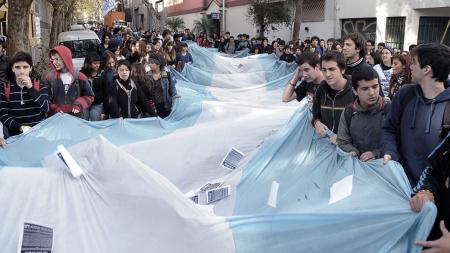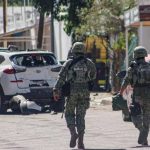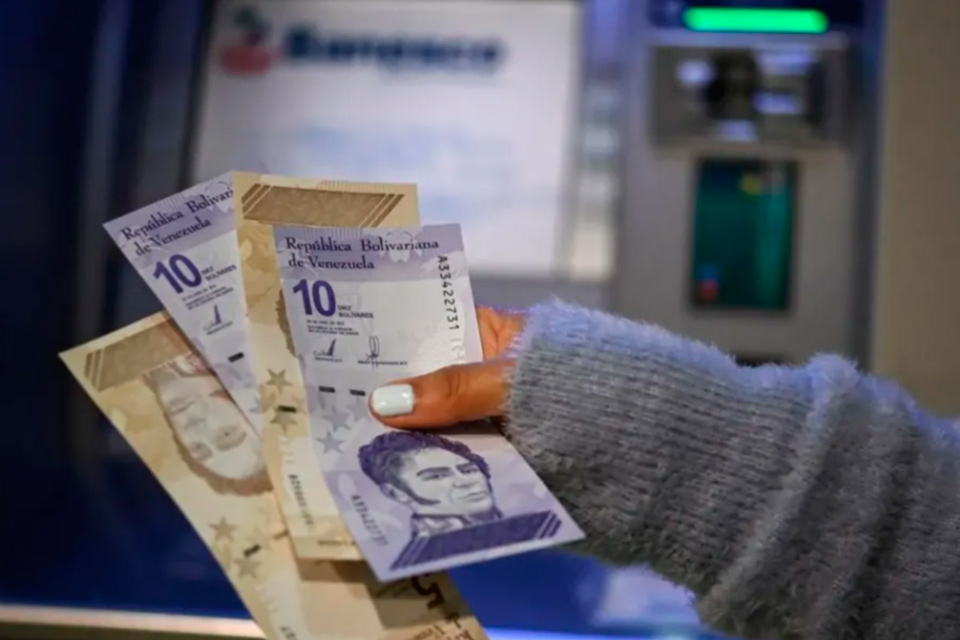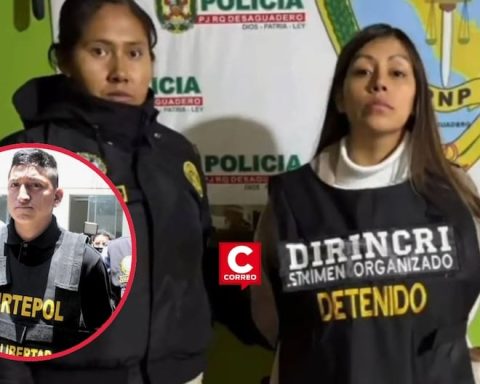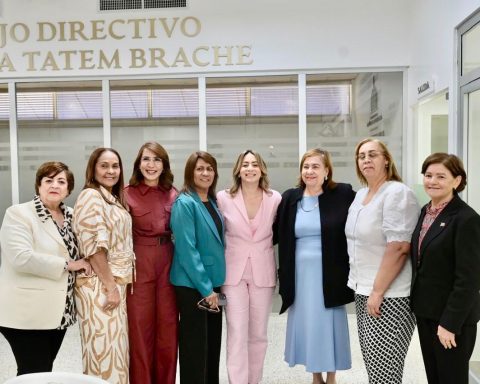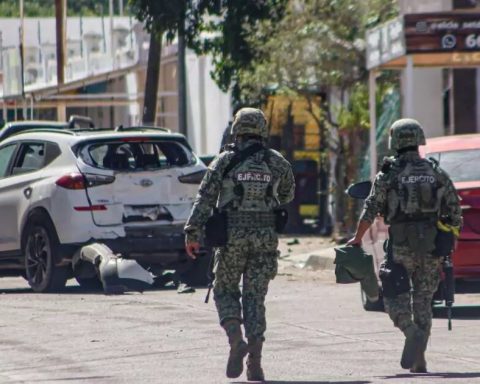For four decades, students of the Mariano Acosta Normal Superior School No. 2 have made a solidarity trip to isolated localities in northern Argentina to provide study elements, food, carry out joint activities and exchange experiences with their peers.
Within the framework of the “Maliman and Huaco project”, both towns in San Juan would receive the annual visit. For this trip, students collect funds and have an assigned time within the school calendar. But this week, they learned that the Acuña ministry will not facilitate the transfer bus with the corresponding insurance (the collections, kermesse and ad hoc activities organized by the boys and girls cover the other costs of the trip) nor will it authorize the days of the school calendar for its concreteness. The absences of teachers and students in the classroom would not be justified either, with which the trip becomes impossible.

Valentina, a student at Mariano Acosta, told Télam that “The trip began 40 years ago as a donation and aid project for the people of Maliman and Huaco, but over time the project has changed: today what we What we propose to do is a cultural exchange with the children of San Juan, both they and we have different realities, and this trip serves to unite them and be able to share unique experiences”.
For his part, Fidel, from the same school, added “The project takes donations to those schools, these are put together with the efforts of all the students, teachers, alumni, etc. We bring food, clothes, books, games, appliances, etc. These donations are the result of an active, present, and organized educational community, but above all, it is the love we have for this historic project carried out by Acosta.”
Finally, in any case, Fidel clarifies, “we are also going to send the donations to their respective places.”
Retaliation against the seizures: neither solidarity trips nor specialized exams
The educational community interprets this as retaliation for the recent takeovers of schools that included twenty establishments managed by the City. The suspicion is not capricious: another scenario of deprivation occurred at the Escuela Normal Superior en Lenguas Vivas Sofía Esther Broquen de Spangenberger.
In the case of the Palermo school known as “Lengüitas”, the retaliation was more specific: against two fifth-year students who had pending official C1 Advanced English exams (CAE) with an official certificate issued by the University of Cambridge, regularly paid by Education, said ministry promptly denied that payment.

The situation referred to in Lengüitas could have been a mere administrative error, but a particularity indicates the opposite: the girls who were denied payment for that evaluation had adhered to the takeover carried out by the school last September.
The only official explanation from the school on the subject reached the parents by mail: “The decision on the payment of the CAE exam, leaving two students exempt, is a ministerial decision. The vice rectorate of the school was the one who received the instructions” says the notification verbatim, without giving more reasons.

The Lengüitas episode had a happy solidarity ending: the organized parents gathered the funds in a collection to pay for the exams in question. This, in fact, reinforced the solidarity itself during the seizures and the bonds of the school community.
From the perspective of parents and students, both examples reveal the “cautionary” spirit that the City Government seeks to apply to those who claim legitimate rights. Actions that add to the judicial intimidation against parents of students who participated in where it was claimed for the building budget and free compulsory internships for minors, prohibited by law.
